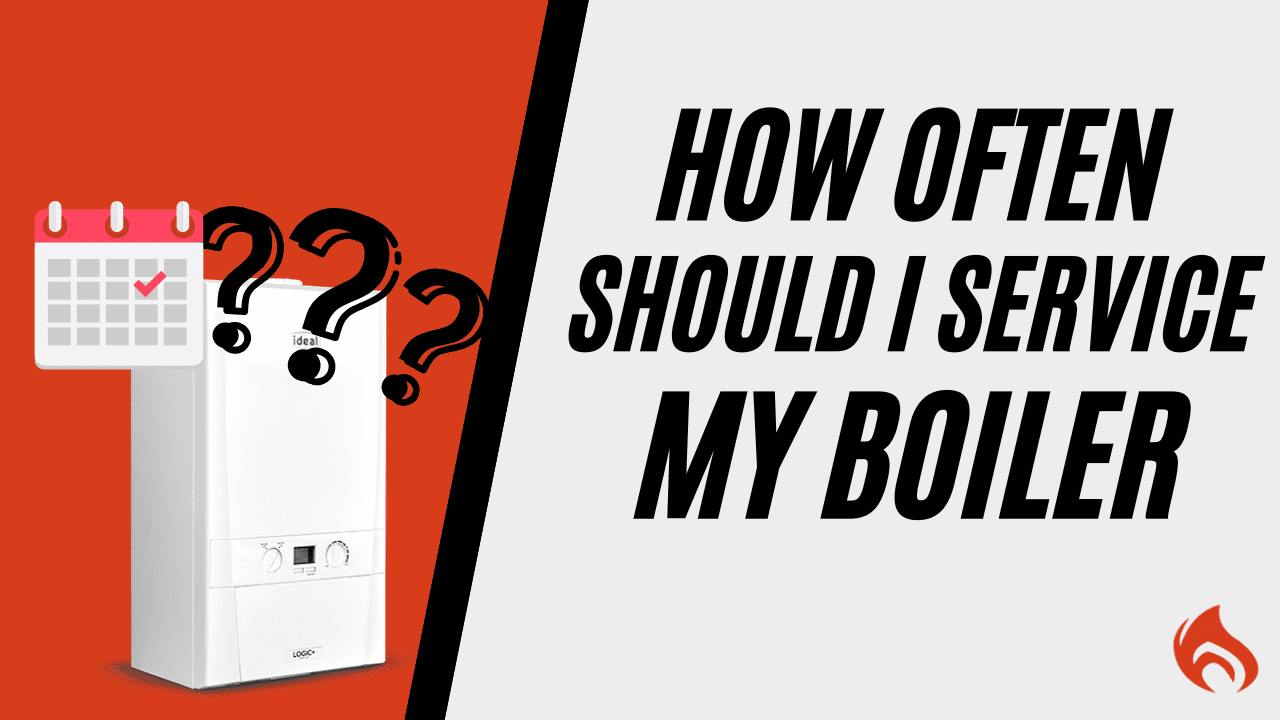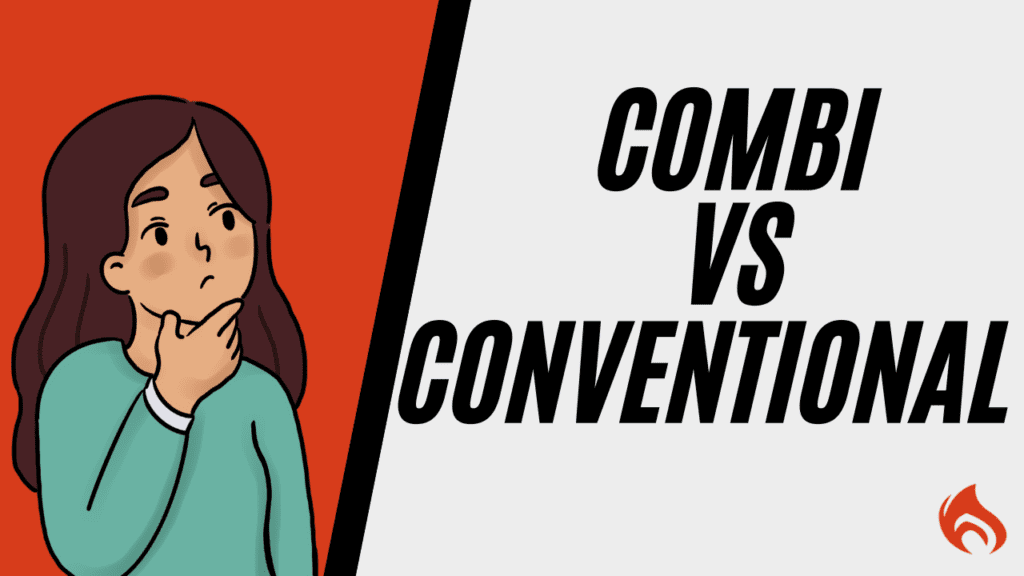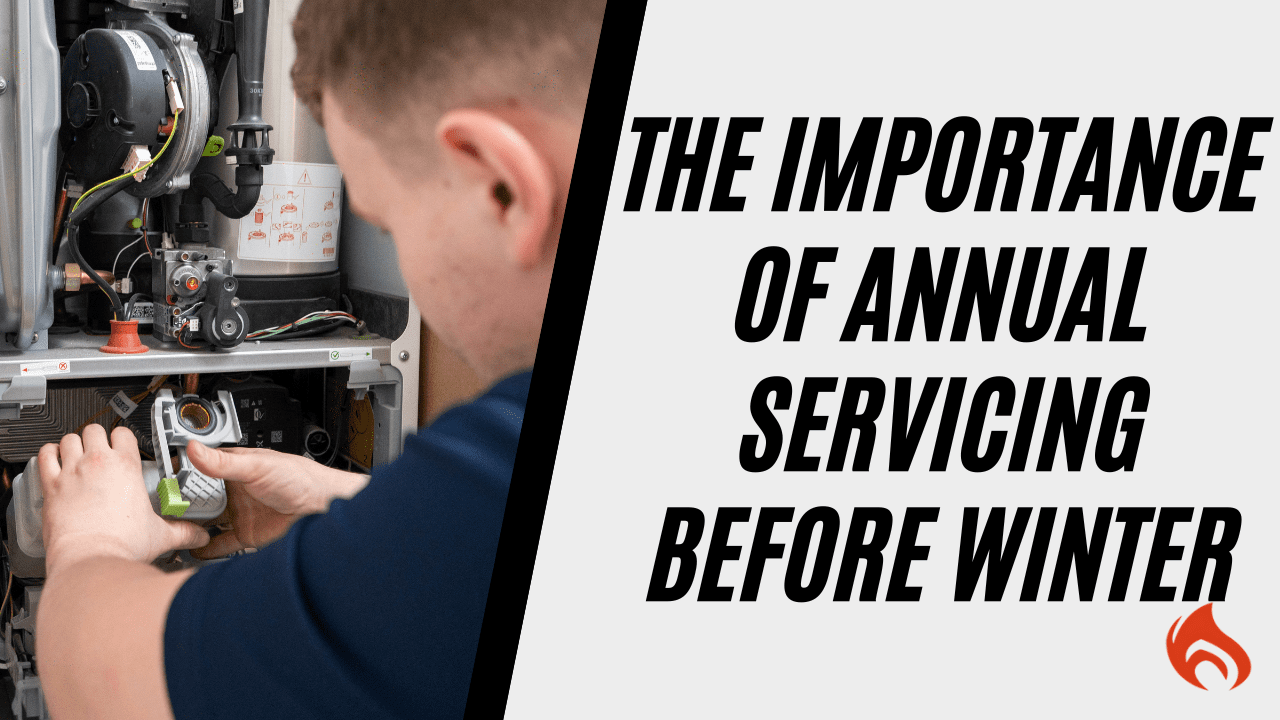
How Often Should I Service My Boiler?
How Often Should I Service My Boiler? Table of Contents Picture this: it’s the middle of winter, your home is

Choosing the right boiler for your home isn’t just about comparing price tags — it’s about finding the system that fits your lifestyle, your home’s layout, and the way your family uses hot water every day.
Some households need instant, on-demand hot water without taking up valuable storage space. Others have multiple bathrooms and a large family that need a steady supply of hot water at all hours. Then there’s the question of future-proofing, energy efficiency, pressure performance, and even the kind of property you live in — whether it’s a compact city flat, a period terrace, or a sprawling family home.
In the UK, the two most common types of boilers are combi boilers and conventional (or regular) boilers. While they both provide heating and hot water, they do so in very different ways — and understanding those differences is the key to choosing the right one for you.
Each system has its own strengths, limitations, and ideal use cases, and the wrong choice could lead to poor water pressure, higher energy bills, or hot water running out when you need it most.
In this guide, we’ll break down everything you need to know:
✅ How each boiler type works
✅ The pros and cons of combi and conventional systems
✅ What kind of homes they’re best suited for
✅ Common pain points and how to avoid them
By the end, you’ll have a clear idea of which type of boiler is best for your home — not just today, but for years to come.
A combi boiler combines both central heating and hot water in one compact unit. It heats water directly from the mains whenever you turn on a tap, so there’s no need for a separate hot water cylinder or cold water storage tank.
💧 Instant hot water
Combi boilers heat water directly from the mains the moment you need it. There’s no waiting around — great for busy households with unpredictable routines.
📦 Space-saving design
Everything is built into one compact unit, with no need for a hot water cylinder or loft tank. Ideal for homes where space is limited or better used for storage.
⚡ Energy-efficient
They only heat water when you turn on a tap, so no energy is wasted keeping a tank warm. This can reduce your gas bills, especially in smaller households.
🛠️ Quick and simple installation
With fewer parts to fit, installation is usually faster and less disruptive. It also tends to cost less than setting up a full conventional system.
🚿 Good water pressure (if mains pressure is strong)
Since it runs off your mains supply, you can enjoy a decent flow from taps and showers — no need for extra pumps or pressure-boosting kits.
🚿 Struggles with multiple taps
Combi boilers are powerful enough to heat two taps at a time at most. Everytime a shower and taps or multiple taps are used together, the pressure will drop.
⚠️ No hot water backup
There’s no hot water cylinder or immersion heater. If the boiler breaks, you’ll be without hot water until it’s fixed.
💧 Depends on mains pressure
Combis rely on strong mains pressure. In areas with weak flow, water output may be disappointing — especially for showers.
🏠 Best For:
Homes with 1 bathroom
Smaller households with lower hot water demands
Properties without much space for tanks or storage
A conventional boiler, sometimes called a regular or heat-only boiler, works with a hot water cylinder (usually in an airing cupboard) and a cold water storage tank (usually in the loft). It stores hot water in advance, so it’s ready when you need it.
🚿 Great for multiple taps
Stores hot water in a cylinder, allowing several taps or showers to run at once without affecting pressure or temperature — ideal for homes with more than one bathroom.
🏡 Works in low-pressure areas
Relies on gravity-fed tanks rather than mains water pressure, making it well-suited to older properties or rural homes with weaker water flow.
🔌 Hot water backup
Most systems include an immersion heater inside the cylinder. If your boiler fails, you can still heat water electrically — a useful backup in emergencies.
🧱 Compatible with older systems
If your home already has tanks and pipework, keeping a conventional system can be simpler and cheaper than converting to a combi setup, especially in larger or older properties.
📦 Takes up more space
You’ll need room for both a hot water cylinder (often in an airing cupboard) and a cold water tank (usually in the loft), which can be an issue in smaller homes or modern properties.
🕒 Hot water isn’t instant
Once the stored hot water runs out, you’ll need to wait for the cylinder to reheat — not ideal if multiple people need to shower back-to-back.
🔥 Heat loss over time
Stored water gradually loses heat, especially if the cylinder isn’t well insulated. This means the boiler has to work more often, using more energy and increasing running costs.
🛠️ More complex installation
Installing or replacing a conventional system takes longer and usually costs more, due to the extra components and pipework involved compared to a combi boiler.
🏠 Best For:
Larger homes with two or more bathrooms
Households with high hot water usage
Homes where loft and airing cupboard space is available

Choosing between a combi and a conventional boiler comes down to your lifestyle, home layout, and water usage habits.
✅ You have one bathroom or modest hot water demand
Combi boilers are designed to supply hot water to a single outlet at a time, which makes them perfect for homes with just one bathroom or low overall demand. If you don’t often have multiple people showering, bathing, or running taps simultaneously, a combi will comfortably keep up with your day-to-day needs. It’s a great choice for couples, single occupants, and small families who use hot water at different times rather than all at once.
✅ You want hot water instantly without waiting
One of the biggest appeals of a combi boiler is the ability to get hot water exactly when you need it. There’s no storage tank to fill or cylinder to heat up — the boiler activates the moment you turn on a hot tap. This is ideal for those with busy routines, last-minute showers, or anyone who wants the convenience of immediate access to hot water without having to plan ahead or wait for it to warm up.
✅ You don’t have space for tanks or cylinders
Combi boilers are a compact, all-in-one solution. There’s no need for a separate hot water cylinder in the airing cupboard or a cold water tank in the loft. If you live in a flat, modern townhouse, or smaller home where space is tight, this is a huge advantage. Even if you do have the space, choosing a combi can free up room for storage, renovation, or even loft conversion projects down the line.
✅ You want a more energy-efficient setup
Combis are generally more efficient for homes with lower hot water usage because they only use energy when hot water is actually needed. Unlike conventional systems that constantly reheat stored water to maintain a set temperature (even when you’re not using it), combis reduce wasted heat and avoid standby energy loss. This can result in noticeable savings on your gas bills, especially if you’re conscious of energy use or trying to lower your carbon footprint.
✅ You want a quicker, cleaner installation process
Since combi boilers don’t require tanks or cylinders, the installation process is typically simpler and less invasive. That means less pipework, less disruption to your home, and lower labour costs. If you’re replacing an old combi with a new one, the install can often be done in just a day or two — making it a popular choice for homeowners who want to upgrade quickly and get back to normal fast.
✅ You’re upgrading from an old combi system
If your home already runs on a combi boiler, switching to a modern one is usually the most straightforward option. The existing pipework is already suited to this setup, meaning less adaptation and lower installation costs. Plus, newer models are far more efficient and feature-rich than older units, offering things like smart controls, better temperature regulation, and improved reliability — all without having to rework your entire heating system.
Points to consider:
Not suitable for large families or homes where multiple taps/showers are used at once.
No hot water if the boiler breaks — unless you have an electric shower or alternative source.
Performance depends on your mains water pressure — worth testing before deciding.
✅ You have a large household with high hot water usage
Conventional boilers are built to serve homes with greater demands. If you have a large family or a busy household where multiple people are showering, doing laundry, washing up, or running baths throughout the day, a conventional system offers a more robust solution. The hot water is preheated and stored in a cylinder, so it’s ready when you need it — especially useful during peak morning and evening hours when everyone’s getting ready or winding down.
✅ You often need to run multiple hot taps or showers at once
Unlike a combi boiler, which supplies hot water to one outlet at a time, a conventional boiler system can handle several simultaneously. The hot water stored in the cylinder can be distributed to multiple taps or showers without a significant drop in temperature or pressure. This is ideal for homes with two or more bathrooms, en-suites, or where it’s common for more than one person to shower at the same time — making it a more practical and comfortable setup for busy families.
✅ You already have a traditional system with tanks and a cylinder in place
If your home currently uses a conventional boiler with a hot water cylinder and cold water storage tank, it’s often more cost-effective and less disruptive to upgrade like-for-like. Sticking with the same type of system usually means you won’t need to replace or reroute as much pipework, remove tanks, or make major structural changes. This can keep installation costs down and reduce time spent on the job — all while upgrading to a more efficient, modern unit.
✅ You live in an area with low or inconsistent mains water pressure
Conventional systems work well in properties with poor mains water pressure because they use gravity to create flow. The cold water tank in the loft feeds the system from above, allowing it to deliver a consistent pressure to taps and showers regardless of how strong the mains supply is. If you live in a rural area, an older property, or a zone where water pressure fluctuates throughout the day, this setup can provide a much more reliable hot water experience.
Points to consider:
Takes up significant space — not ideal for flats or small homes.
Can run out of hot water — especially if multiple baths or showers are used in quick succession.
Slightly higher running costs due to heat loss and larger system.
At Cheshire Boilers, we offer free advice and quotes tailored to your home. If you’re still unsure which boiler is best, give us a call and we’ll help you weigh up your options and find the most efficient and cost-effective solution for your lifestyle.

How Often Should I Service My Boiler? Table of Contents Picture this: it’s the middle of winter, your home is

The Importance of Annual Boiler Servicing Before Winter Table of Contents Quick Pros and Cons of Annual Boiler Servicing Pros: